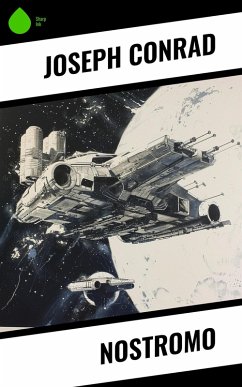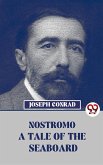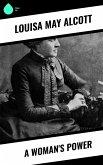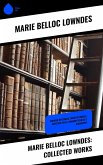In "Nostromo," Joseph Conrad explores the complexities of imperialism and capitalism through the fictional South American country of Costaguana, where the discovery of silver in the mine of the title serves as a catalyst for greed, betrayal, and moral ambiguity. The novel employs a rich, multi-layered narrative style, weaving together various perspectives that reflect the chaotic interplay of colonial forces, local politics, and personal desires. Conrad's intricate prose captures the existential dilemmas faced by his characters, revealing the profound psychological impacts of exploitation and the imperialist agenda, all set against a backdrop reminiscent of European adventures in Latin America during the late 19th century. Joseph Conrad, born in 1857 in Poland and later settling in England, had firsthand experience with the tensions of imperialism and migration. His maritime background and exposure to diverse cultures profoundly influenced his literary output. "Nostromo," written in 1904, reflects his keen observation of the moral complexities and human choices influenced by power, wealth, and colonialism, echoing the author's own struggles against the limitations placed by society and circumstance. Recommended for readers interested in the intricate dynamics of power and morality, "Nostromo" is not just a tale of adventure; it is a profound reflection on human nature and the consequences of greed. Conrad's masterful storytelling and rich symbolism invite readers to engage critically with the ethical dilemmas of imperialism, making it a timeless study of both personal and political conflict.
Dieser Download kann aus rechtlichen Gründen nur mit Rechnungsadresse in A, B, BG, CY, CZ, D, DK, EW, FIN, F, GR, HR, H, IRL, I, LT, L, LR, M, NL, PL, P, R, S, SLO, SK ausgeliefert werden.









